In an increasingly materialistic world, there are still those of us who wish to live based on necessity and not on excess.
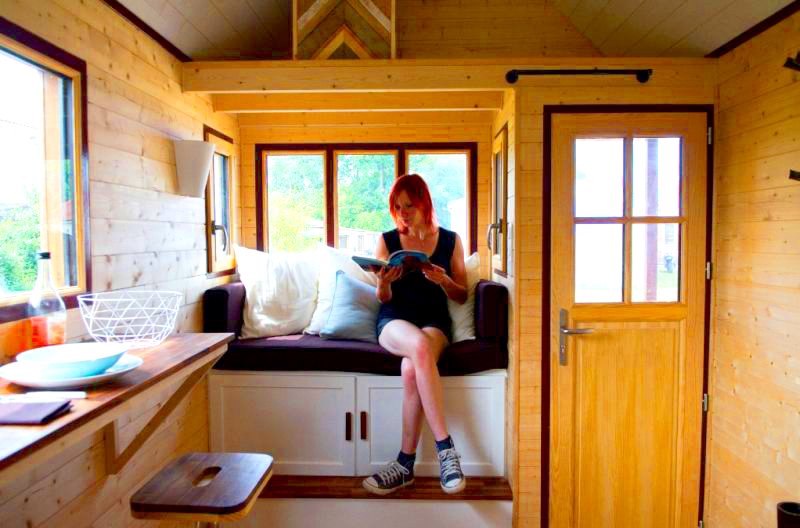
If there is one thing I am sure of when it comes to architecture, it is that most of the built environment is actually not necessary. I have always stressed the idea that architecture was born out of the human need for shelter, and anything else has been layered on as our interests expand. Mansions are the perfect example of a building typology which strays away from human necessity and dives into the world of greed and excess. Yet, many people dream of having a 10,000 square foot abode in which they can showcase their valuables and live "the life".
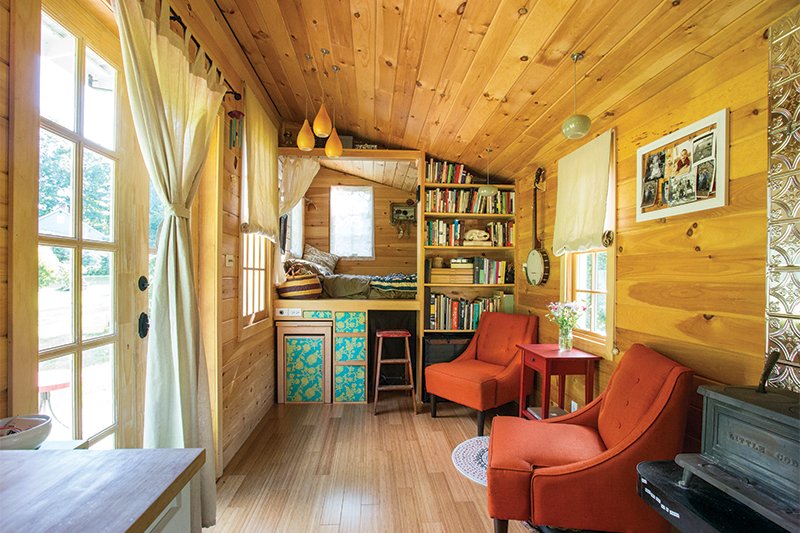
This article is for those who are interested in going back to basics. In the days of our ancestors and in many poorer regions of the world, housing was built by its own inhabitants based on their need for protection, privacy and sense of ownership. This is not to say that excessive buildings did not exist, but we are seeing a bigger demand for spacious dwellings. Most of these dwellings do more harm than good because they take up resources which could be used to help the less fortunate.
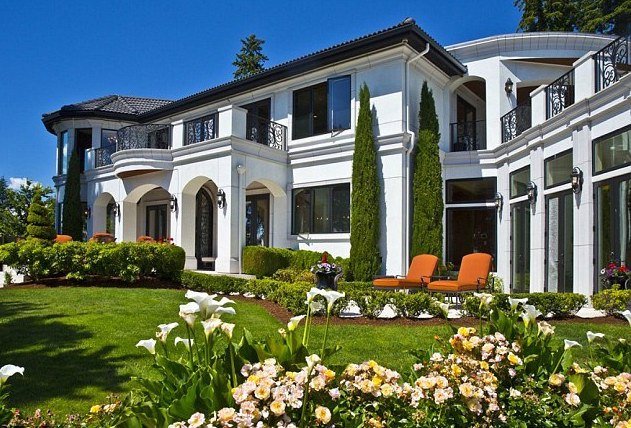
What do we need?
If I had to break down the need for architecture into two simple concepts, it would be protection and privacy.
- PROTECTION: Human beings have been in danger from animals, human beings and the natural elements since the beginning of time. As a species with superior intelligence, we have found ways to protect ourselves against these forces by creating shelters of increasing strength and durability over thousands of years. In cold climates, insulation is key. In hot climates, shade and fresh air are the answer. Countries where rain is ever present, proper waterproofing is a must. The primitive architectural language of the hundreds of thousands of unique climates around the world were developed as a direct response to these conditions. At the most basic level, architecture gives us a sense of security.
- PRIVACY: Human beings have need for privacy, whether it is conjugal intimacy or anything we do not feel comfortable doing out in public. This is not to say that the lack of privacy will kill you, but it is definitely important to us. Privacy can be seen as a result and extension of protection.
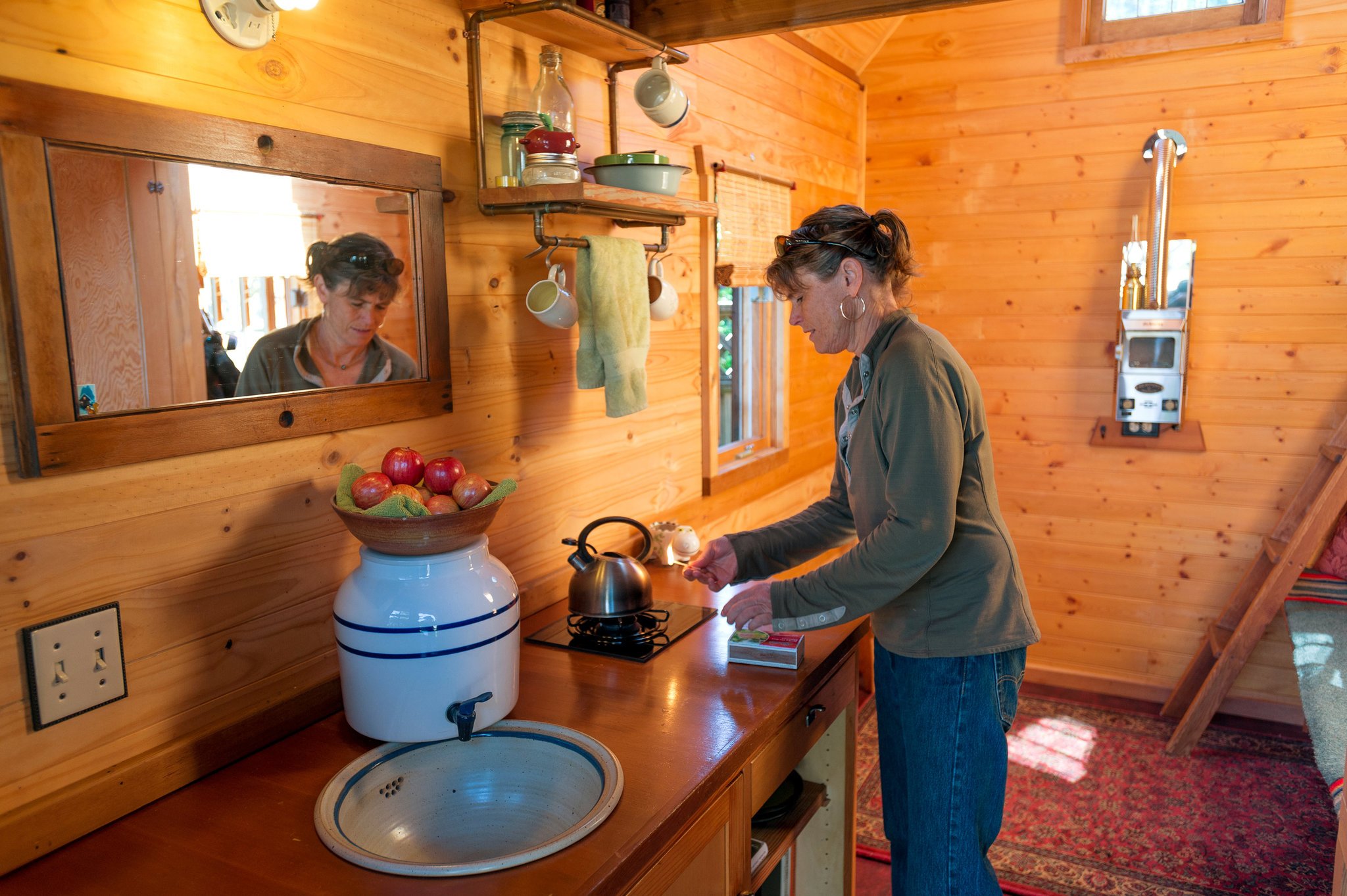
From these main points we can derive everything that we perceive as valuable in the home. Our need to have family, friends and a separation between the two is only possible if we can protect our family and provide the necessary privacy for a family unit. As we go to bed at night, we seek proper shelter and privacy as well. If you were to observe how homeless people behave in the city, you would see that they are after these two things to some extent on a day to day basis. Sadly, the disparity in wealth in the world has caused an extremely unfair distribution of resource and opportunity. This means that people are solely dependent on the economy, law, codes and regulations. We have forgotten how to build for ourselves and how to let others do so as well.
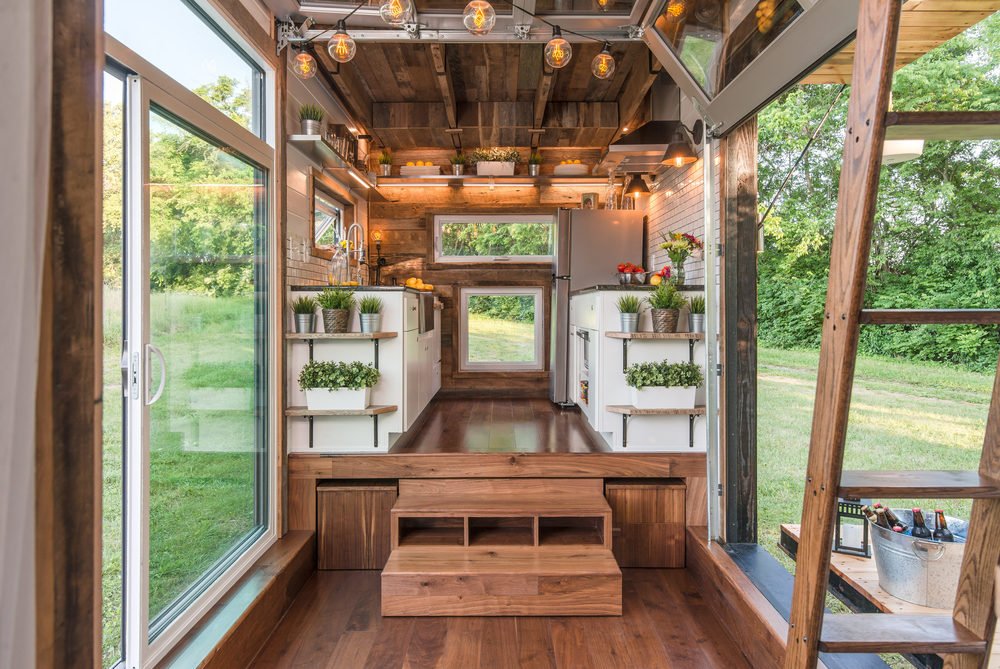
What we don't need.
I can write a whole book about things we don't need, but it should be pretty clear through the scope of what we DO need. Although I think the following points are going to be valuable to our conversation about tiny homes.
- We don't need too much space: If we were to downsize our belongings so that we only have the basics, we would do away with most of the space we take over with material goods. Not only is having too much unnecessary, it allows us to allocate more of our resources to those who DO need.
- We don't need architectural codes and regulations to micromanage the built environment: I have talked about this one many times before, but it is extremely relevant to the birth of tiny house design. Architectural codes in many places around the world have made it really expensive to simply live and make it virtually impossible for anyone to build their own house without the government breathing down your neck. Tiny houses get around a lot of the code, and also have the capability of being off-the-grid, which we know can only be beneficial to ourselves and the general health of our environment.
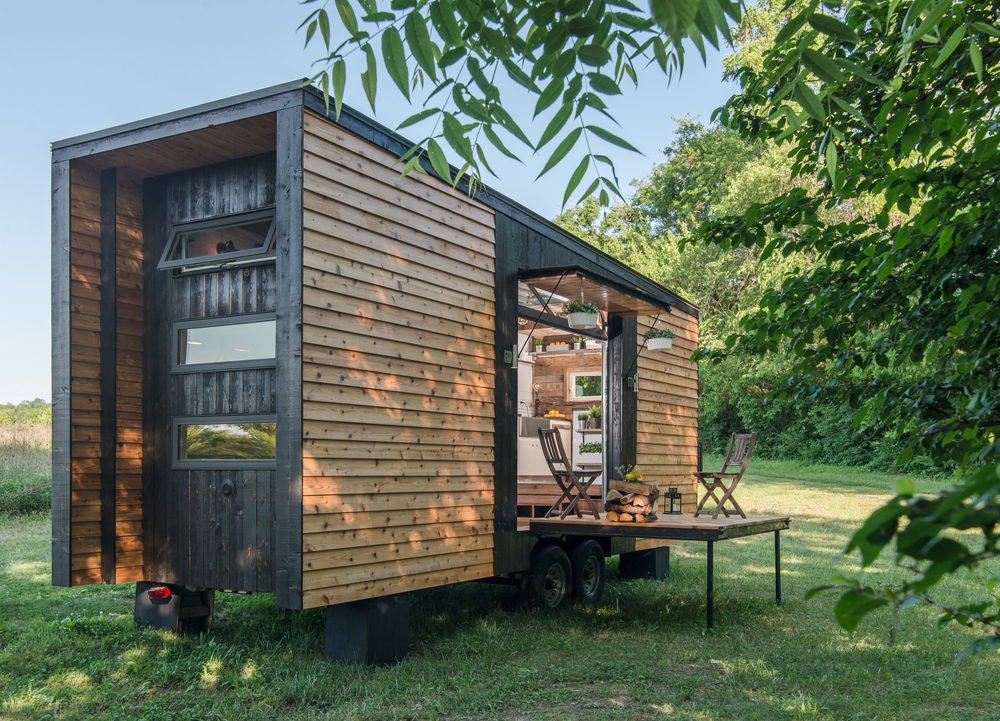
Why build a tiny house?
Tiny houses are not for everyone, but there are enough people with the same mindset who wish to live a more minimal lifestyle and have the drive to do it. And in the spirit of being concise, i can only boil it down to one simple concept....(and The Rolling Stones said it best)
You get what you need:
For those interested in building their own tiny house, I encourage you to do so as soon as possible because you will only reap benefits from minimizing your material possessions. Living a simple lifestyle allows us to focus more on the quality of our interactions with nature and other human beings rather than the QUANTITY of STUFF.
And there are many added benefits:
- No electric bills
- Cheap construction costs
- In most cases, they are mobile.
- Helping the environment.
- Removing the clutter in your life
- Easier cleaning
- Engaging with the outdoors as a result of reduced interior living space.
In this article I have attempted to boil down the basics of housing and why It would do us all well to take charge of our own living situation. Many people on this platform are supporters of the decentralization movement, which leads to me to believe that there is a general interest in taking control away from the government when it comes to our own life decisions. I would encourage you to read my "Anarchist Architecture" series because it enriches what i will be embarking on with future posts.
PART ONE PART TWO PART THREE PART FOUR PART FIVE
With this Tiny House Design series, my aim will be to compile as much information as I can about hacking the architectural system through personalized and private, off-the-grid designs. I will bring to light many options and my own personal designs. If you are interested in my personal journey towards a tiny house lifestyle, check out my Swing House.
THE SWING HOUSE by Benji Berigan



